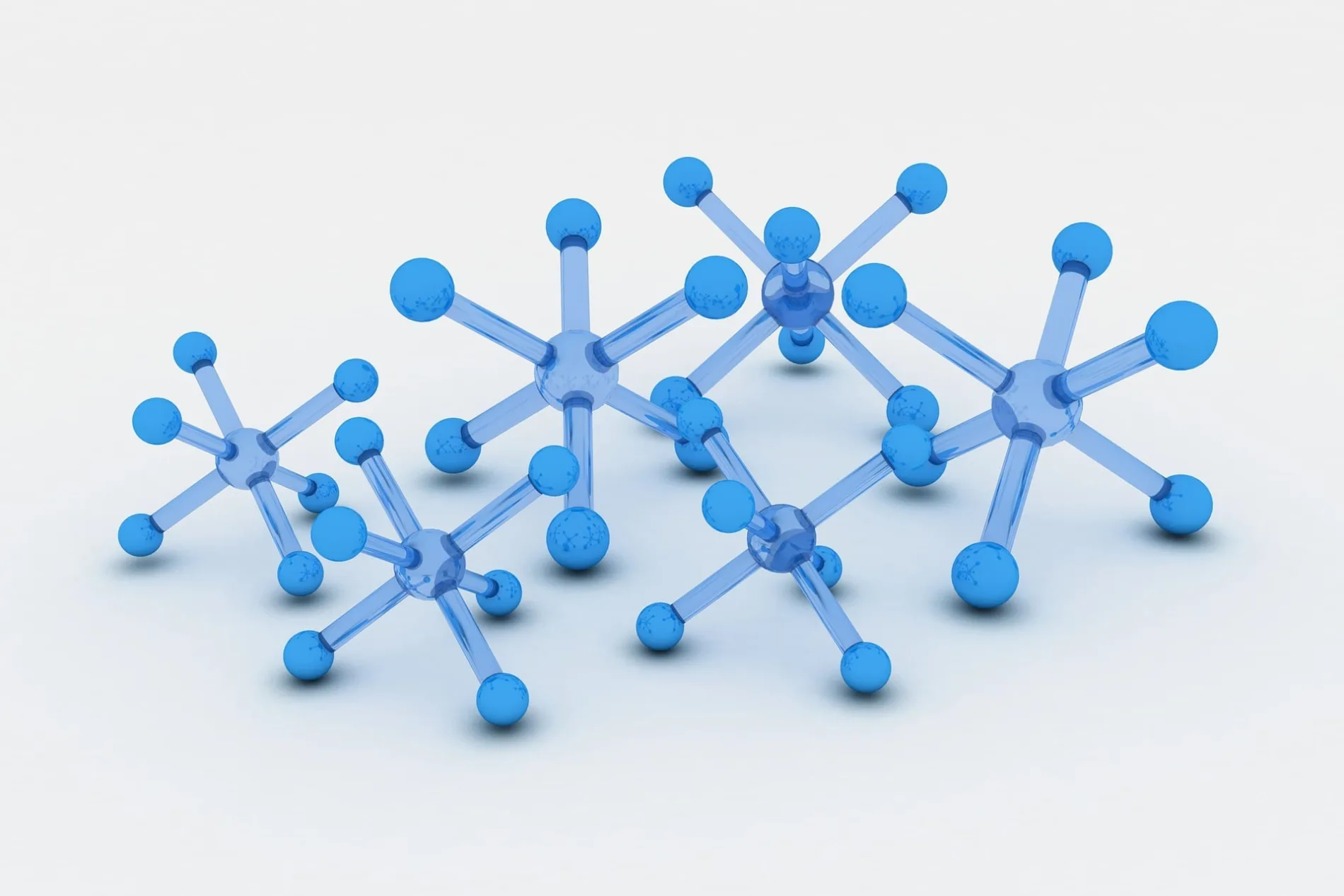Tuesday, 04 February 2019
by Dr Chloe Antoniou, Assistant Professor of Biochemistry
My fondest childhood memory was teaching my younger sister math. Being four years older than her, I felt that it was the sisterly thing to do so she can be prepared about what the future beholds. Not sharing my knowledge of long division with my partner in all crime, seemed just selfish! As the years went by, I realized that my passion lies in the field of chemistry. Later on during high school, I realized that cells are basically an ensemble of well-coordinated chemical reactions, so I decided to pursue a career in biochemistry.
Is there anything cooler than watching manganese change its oxidation state?
I had set my mind on doing a PhD since day 1 of college. In my junior year of college, during a lecture on the structure-function relationship of hemoglobin, I was so fascinated that I decided to pursue a doctoral degree in protein biochemistry. As a graduate student, I had the opportunity to teach general chemistry, an experience which rekindled my passion for teaching. While a graduate student and then a post-doctoral scholar I realized that although I love doing research, this only becomes meaningful when findings are shared with the world, so I decided to follow my passion and pursue teaching alongside research.
Following an 11-year exciting and fulfilling journey in the US, I returned to Cyprus in December of 2012.I have been working at the University of Nicosia Medical School for three years now. I feel privileged to be part of an institution that has placed Cyprus on the map of medical education. I am thrilled to be part of a community with students from all over the world. The Medical School has given me the opportunity to share my knowledge and experiences with others, but has also given me the opportunity to explore new areas, such as being a year lead and chief examiner, being an OSCE examiner, being a personal tutor to students and many more.
I believe that good educators and good doctors share many basic qualities. Both professions need an in-depth knowledge of the area of one’s expertise, good communications skills, passion for lifelong learning, empathy and, in my opinion, an inherent talent for the profession. Therefore as educators, we need to possess the skills we want to confer to our students and be role models for them.
Admittedly, the ‘old school’ approach to biochemistry has given the field a rather ‘bad’ name, especially to medical students. Many physicians and scientists, including myself, had to sit for hours in biochemistry lectures with a lecturer who was merely reading off his/her slides and we took exams that relied solely on memorization. I remember having to track a 13C carbon from step 2 of the Krebs cycle all the way to step 6 on a midterm! Now that I am on the other side of the classroom, I make sure that what my students know is the importance of the Krebs cycle in metabolism, its role in health and disease and show them how this knowledge can be of use in their future studies and practice. There is absolutely no reason for a medical student to chase 13C’s through the Krebs cycle!
Teaching basic sciences in medical school is no easy task. Let’s not fool ourselves, most students do not go to medical school due to their love of biochemistry. So my job is really to teach them the fundamentals and to show them that knowledge in biochemistry is vital for their future practice and that biochemistry can be quite interesting when one understands its application and usefulness.
Ultimately, the most important thing for me, and in fact what makes me want to come to work every day, is that what I do for a living is helping students fulfill their dream of becoming medical doctors and by doing so I am fulfilling my own dream which is to teach biochemistry.

